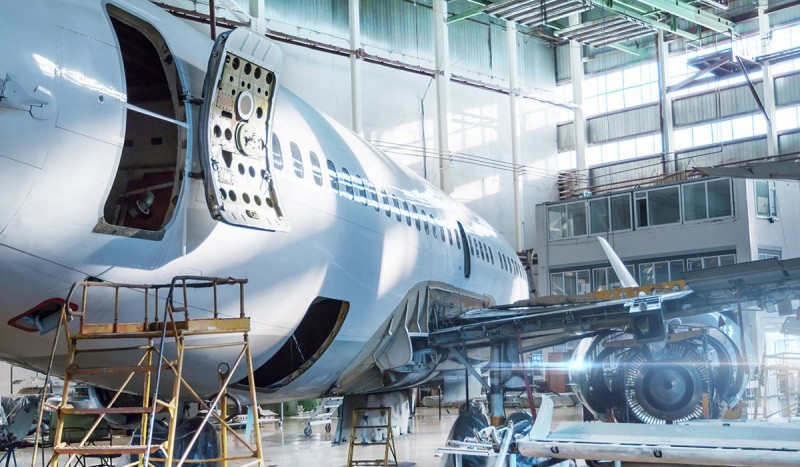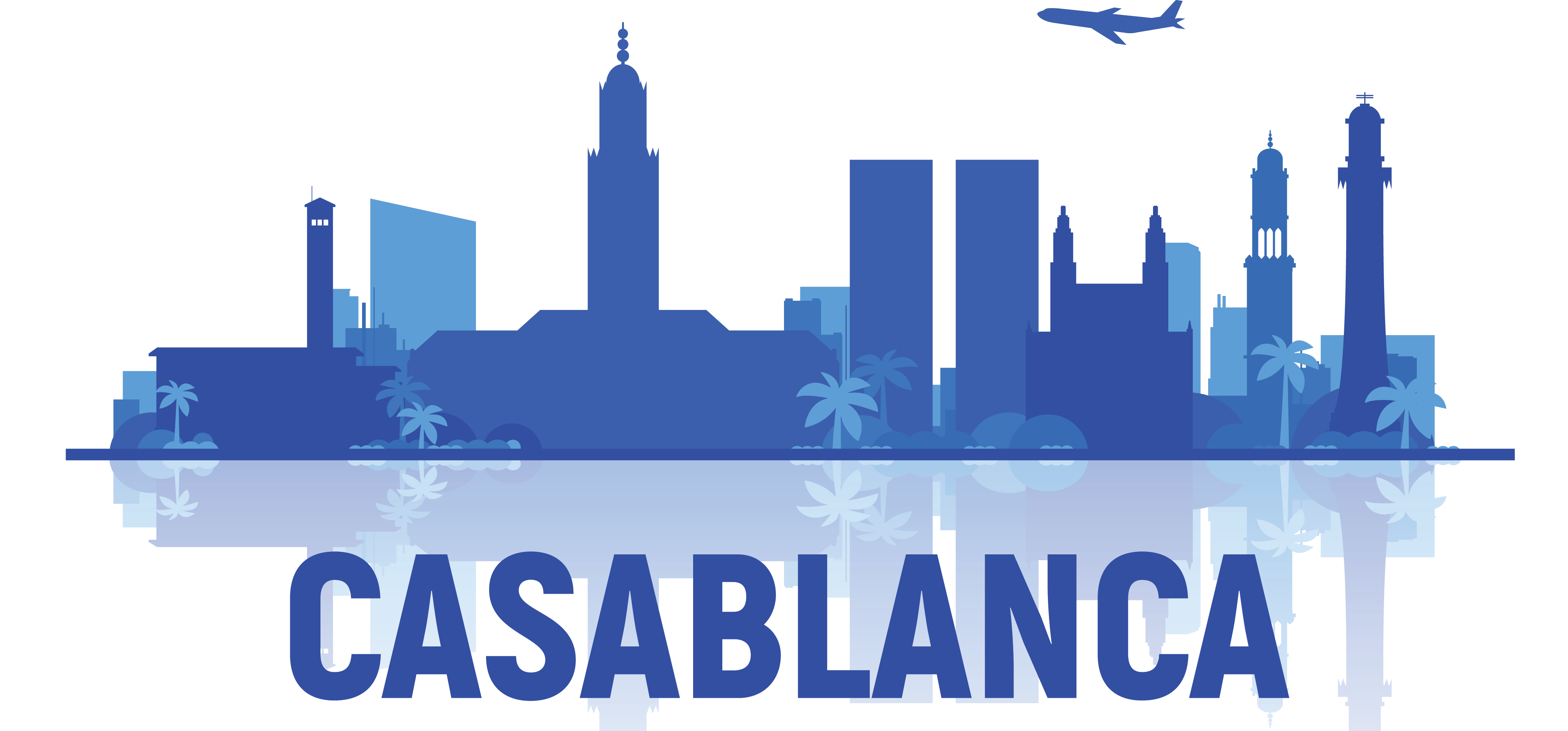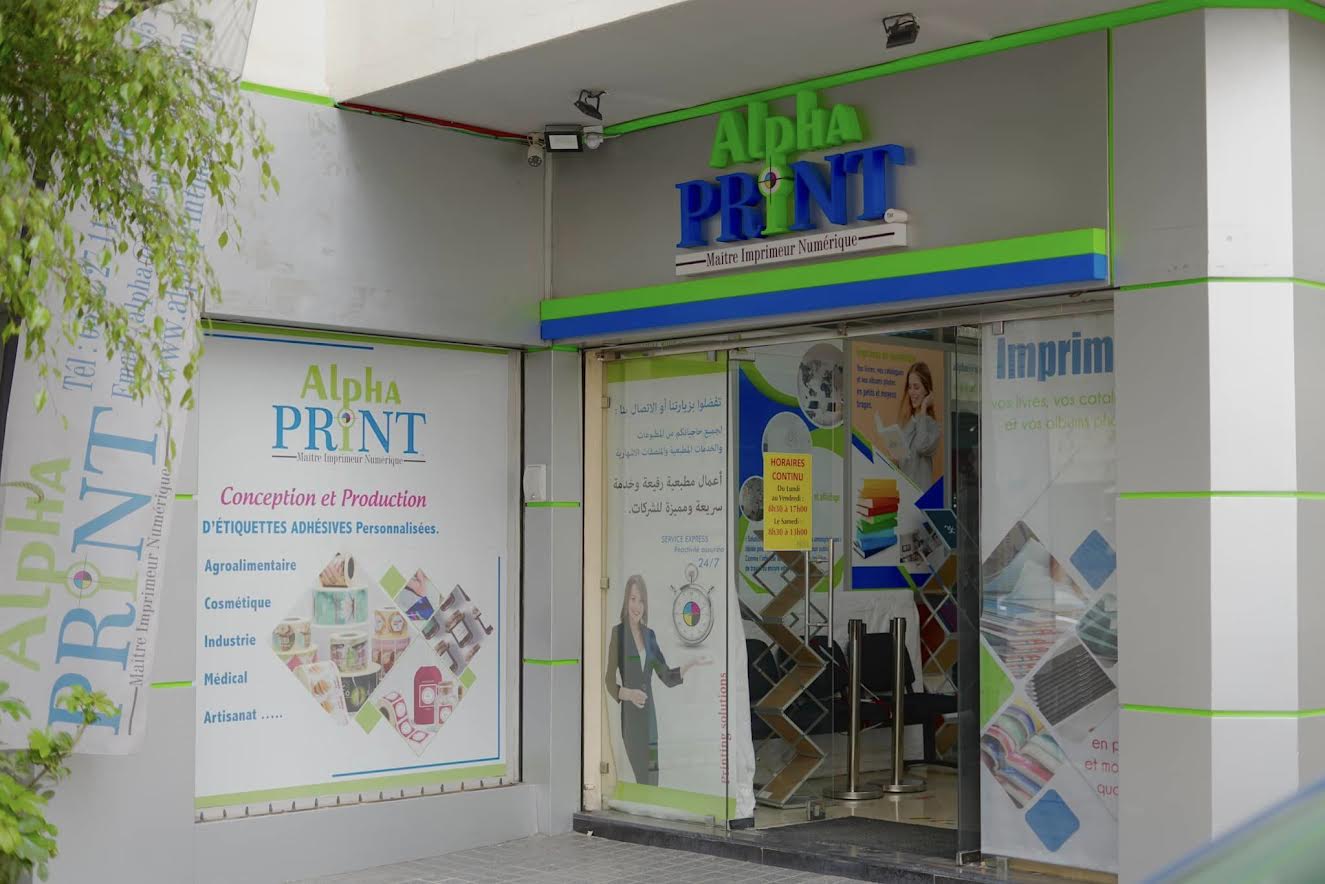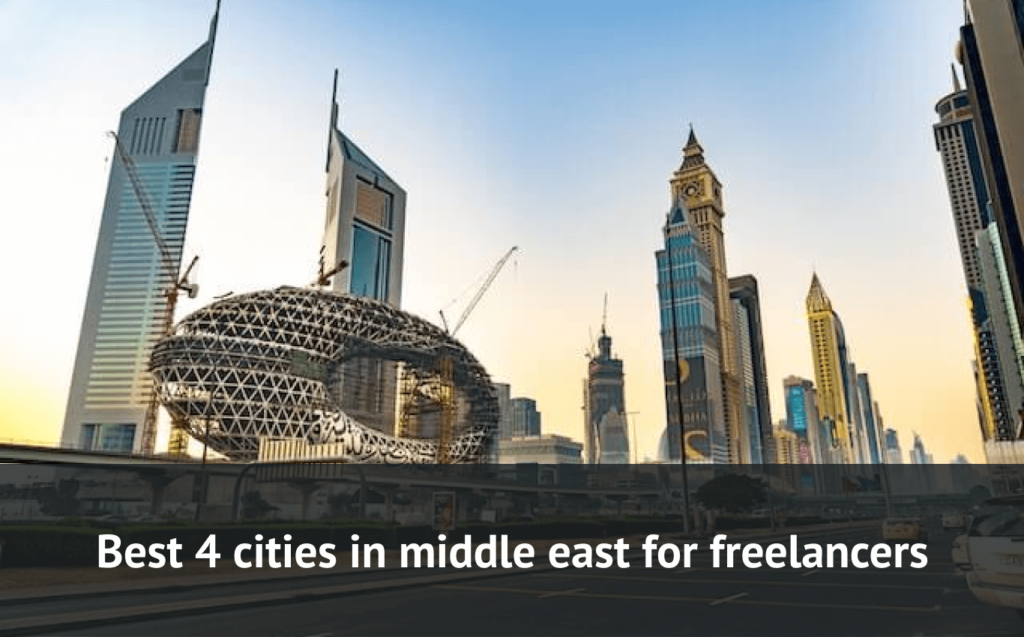 INTERNATIONAL CASABLANCA POSTS
INTERNATIONAL CASABLANCA POSTS
Morocco Records Impressive 20% Growth Rate in Aeronautic Sector
The Group of Moroccan Aerospace Industries (GISMA) has revealed that the aeronautic sector in Morocco has recorded a 20% growth rate in the past 2 years and provided 17,500 specialist jobs, 42% of which are women.
Morocco continues to make steady strides in the aeronautic sector thanks to the partnership between Group of Moroccan Aerospace Industries (GISMA), the Moroccan Ministry of Industry and state organizations, says GISMA.
The federation that unifies 130 out of the 140 companies operating in the sector explains that the partnership, which it qualifies as exceptional, “has allowed major advances in the various ecosystems of the industrial acceleration plan and in the field of training”
Morocco’s low labor costs, its proximity to Europe and its political stability have been credited for creating a promising environment for the aeronautic industry, which is now the fastest-growing industry in Morocco.
Morocco has managed to grow the number of companies from 10 in 2001 to 140 today with a total turnover of $1.2 billion and an impressive growth rate of 20% according to GISMA. This makes Morocco Africa’s first aeronautic hub, gaining the trust of big names such as Boeing, Bombardier, Daher, Safran, Thales, UTC Aerospace Systems, and Latécoère among many others.
How did it start?
Talking about Morocco’s abrupt emergence as a major global player in the aerospace sector, Kevin Michaels, an American expert and Managing Director of AeroDynamic Advisory, pointed out:
“the catalyst of the cluster was Hamid Benbrahim El-Andaloussi, a former Royal Air Maroc executive. His company had been a faithful Boeing customer for many decades, yet the aircraft manufacturer had no meaningful activity in Morocco. After persistent lobbying, he convinced Boeing and Safran subsidiary Labinal to create a joint venture with RAM [Royal Air Maroc] to produce wire harnesses for the Boeing 737”
Michaels adds that this joined venture, Matis Aerospace, grew exponentially which urged other companies to open manufacturing plants in Morocco.
Michaels also credits Morocco’s “energetic talent pool and preferential market access” in addition to the Kingdom’s political stability and the government’s commitment to develop its infrastructure.






